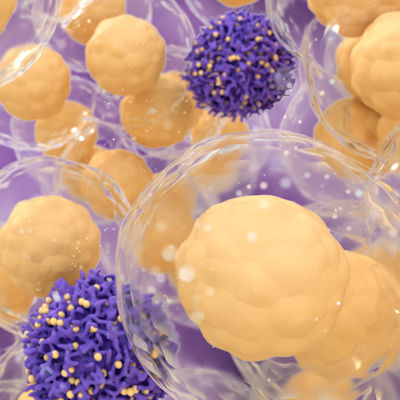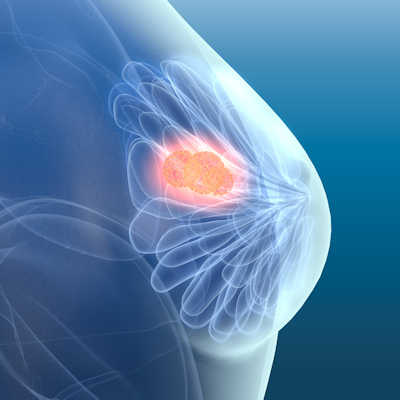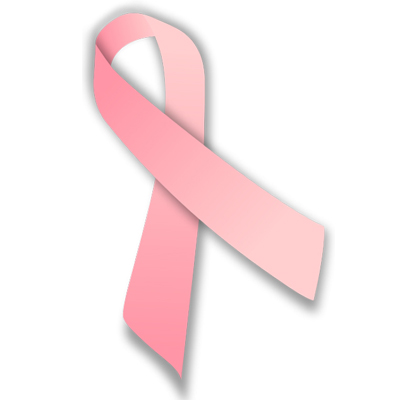September 27, 2022 -- Certain newly identified immune cells may be targeted to develop immunotherapies that benefit patients with chemotherapy-resistant breast cancers, according to researchers from London’s School of Cancer & Pharmaceutical Sciences and London’s Institute of Cancer Research.
Their research article, published September 26 in the journal Clinical Cancer Research, describes the immune markers within the tumor tissues and blood of high-risk breast cancer patients unresponsive to chemotherapy.
Chemotherapy resistance in aggressive early breast cancers is a major reason for cancer regrowth following treatment, contributing significantly to patient deaths. While chemotherapy may not kill these cancer cells, immunotherapy may help.
The researchers employed multiple new technologies to examine proteins and genes in both pre- and post-treatment breast cancer tissue. They found that chemotherapy induced changes in several immune cell types, including increases in the number of both "first responder" cells and "natural killer" (NK) cells that fight cancer.
However, the increased NK cells lacked cytotoxic activity -- the "killing instinct." Further, genes associated with cell exhaustion rendered these NK cells unable to fight cancer cells. This new insight into NK cell behavior could facilitate the development of specific immunotherapies for high-risk breast cancer patients. In addition, blood monitoring during chemotherapy may help predict chemotherapy response early on, allowing better presurgery treatment.
"It's vital we develop smarter, more effective treatments to ensure fewer people hear the devastating news the disease has returned and spread," said Dr. Kotryna Temcinaite, senior research communications manager at Breast Cancer Now. The ultimate goal: "immunotherapy treatments that may help more people survive breast cancer."
Copyright © 2022 scienceboard.net










